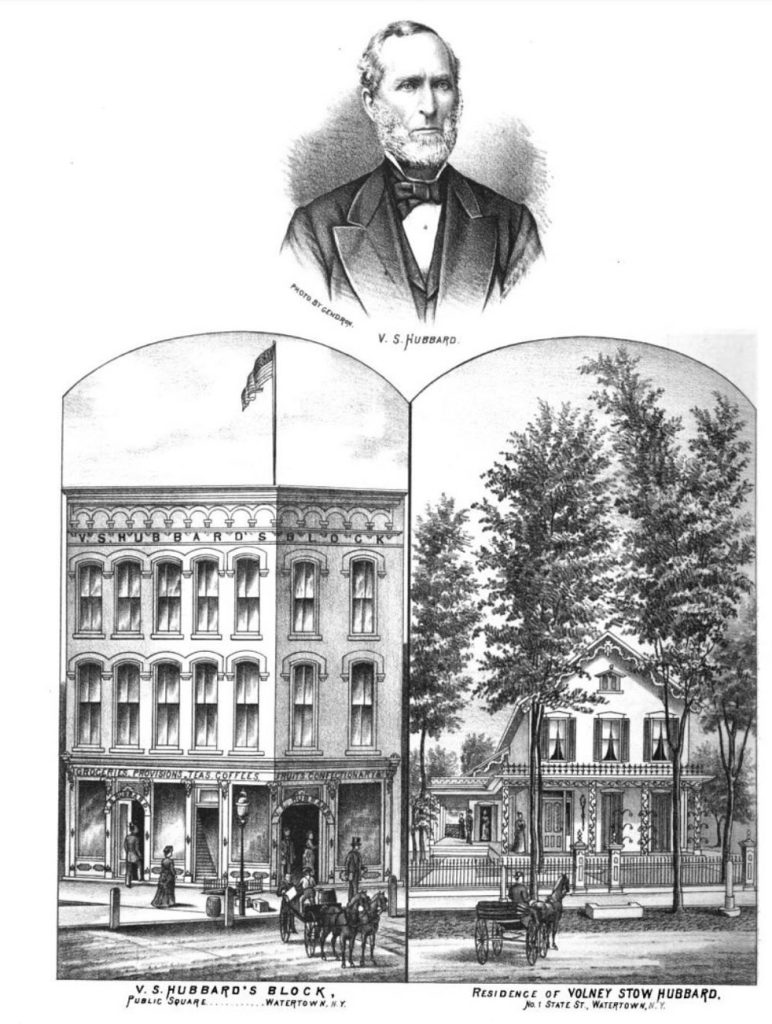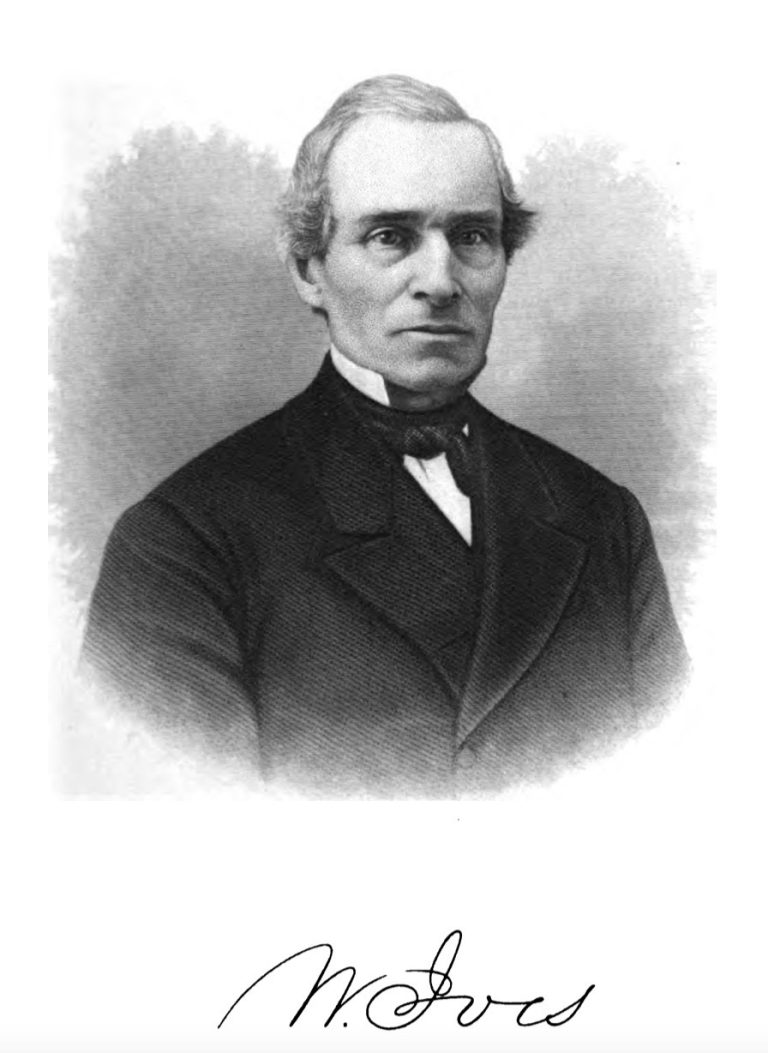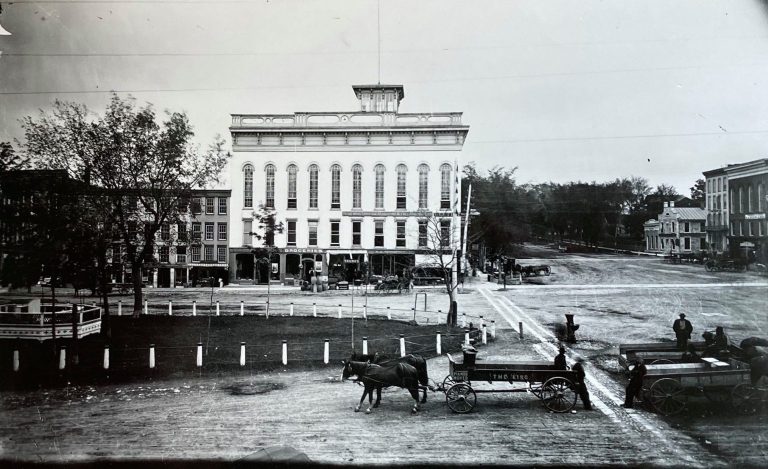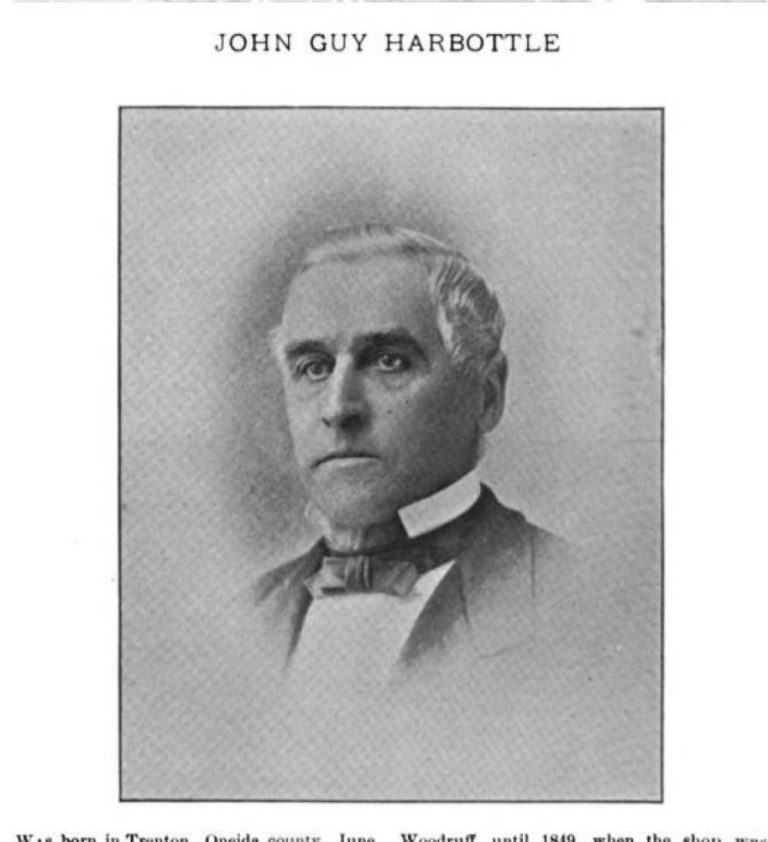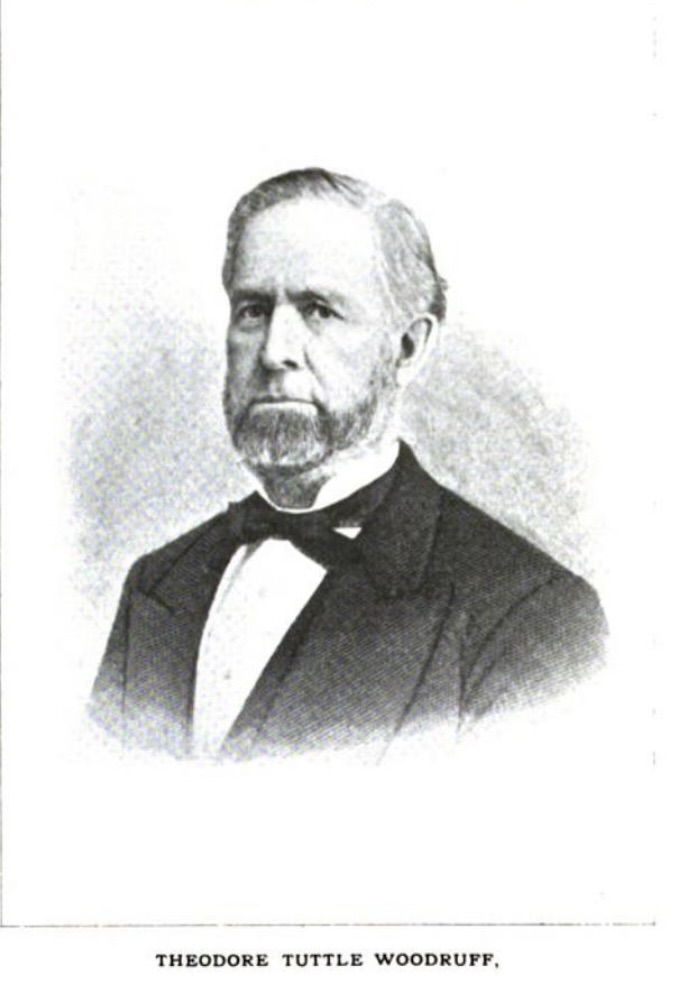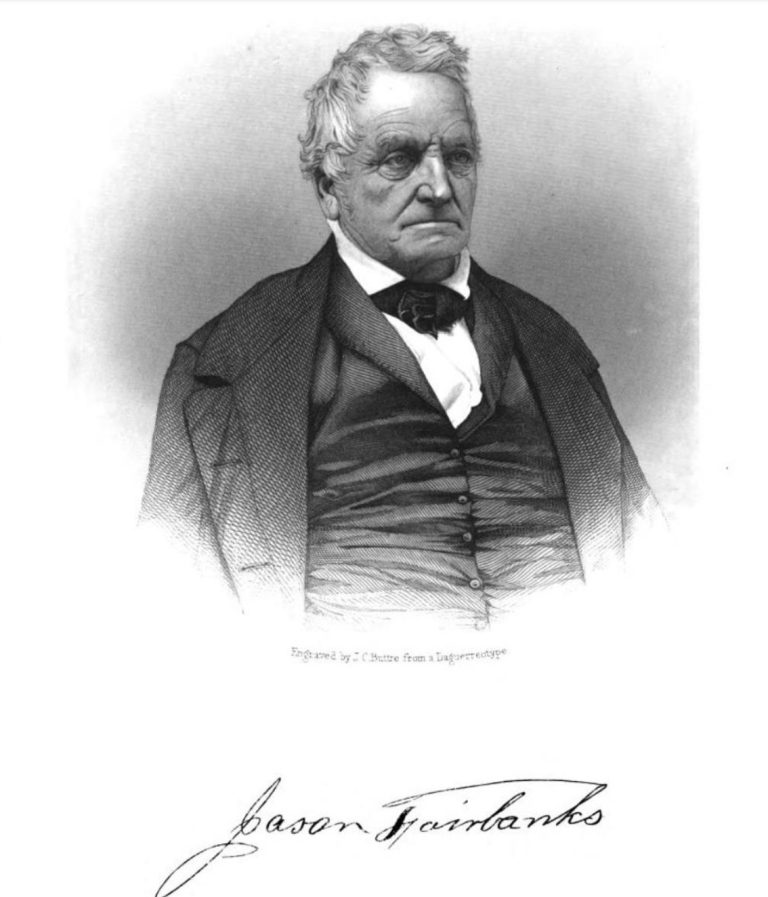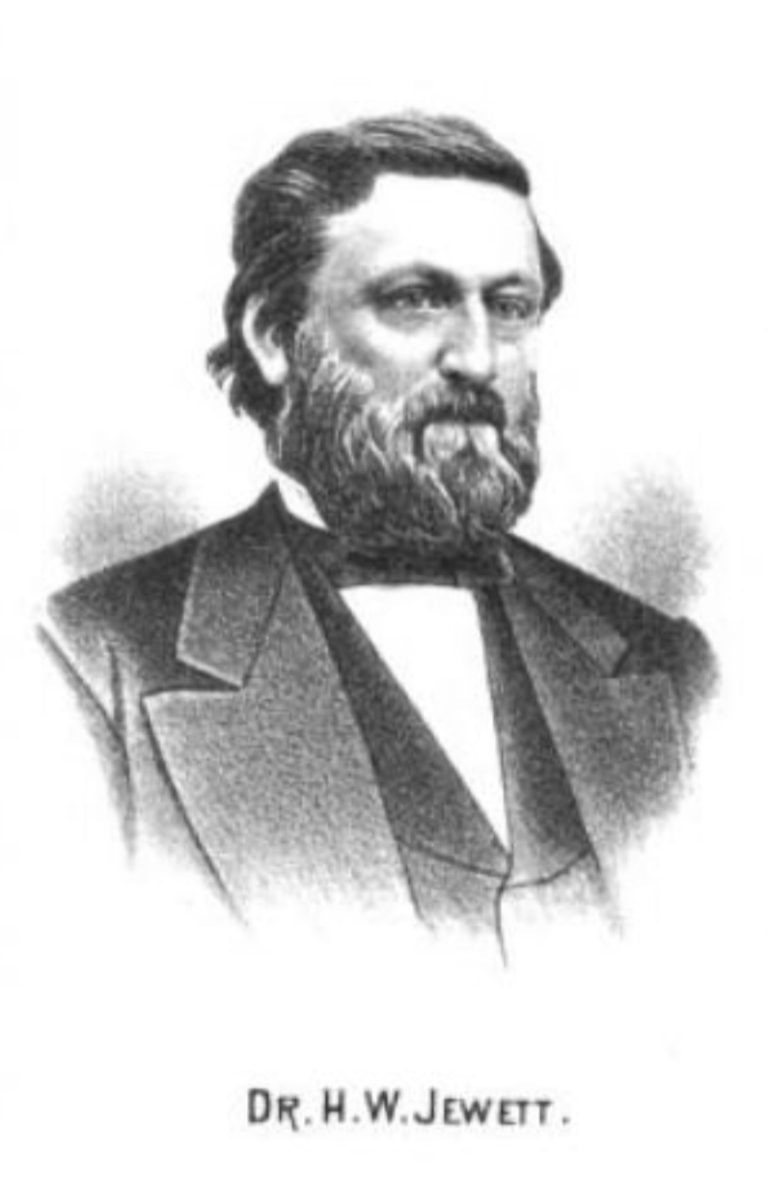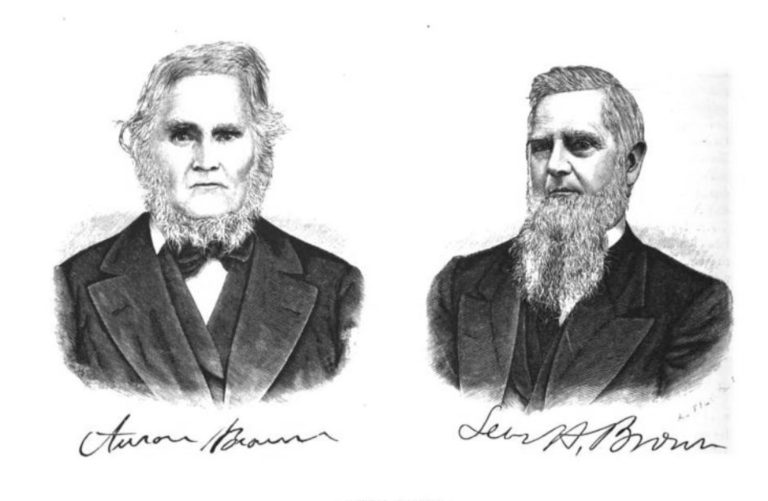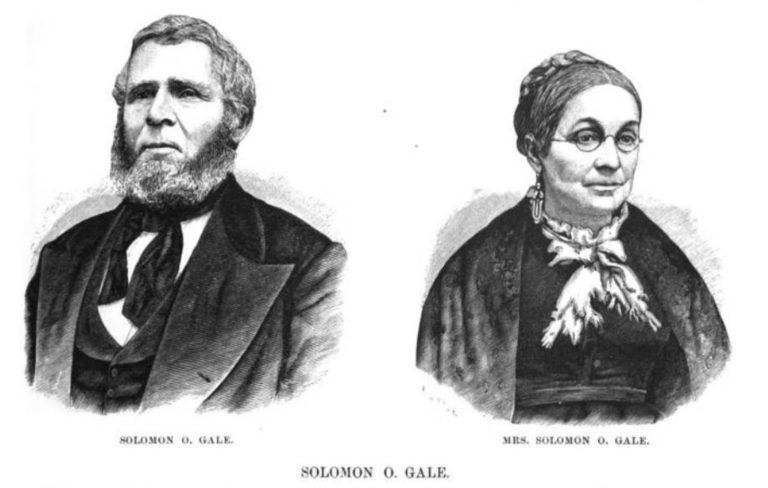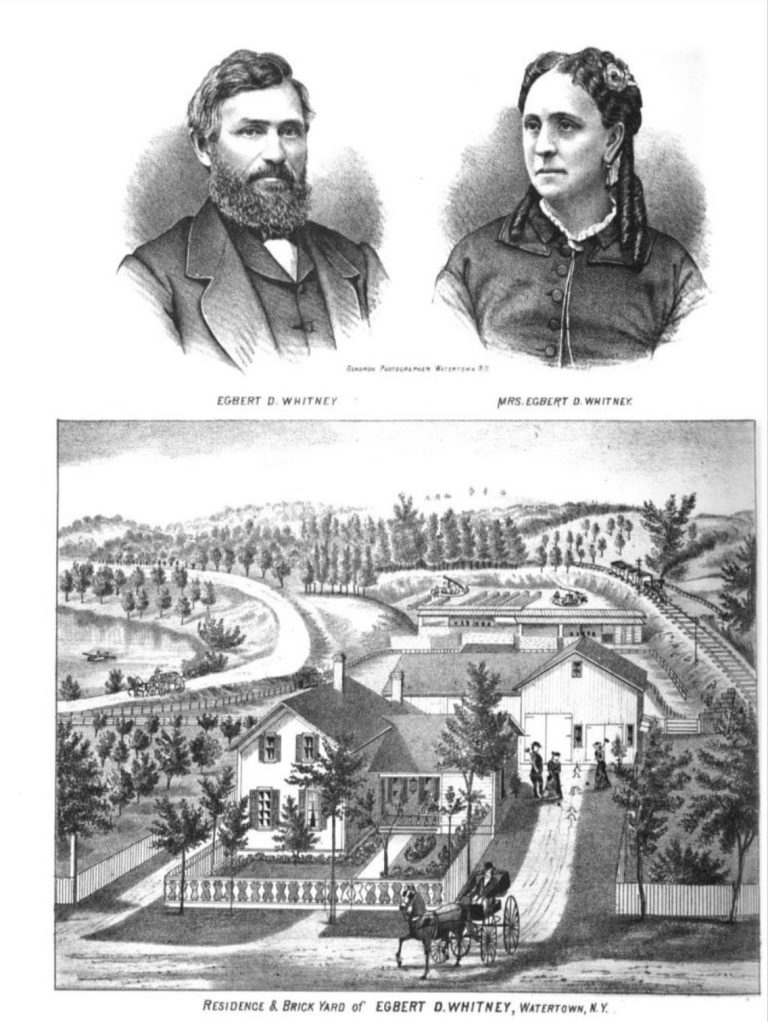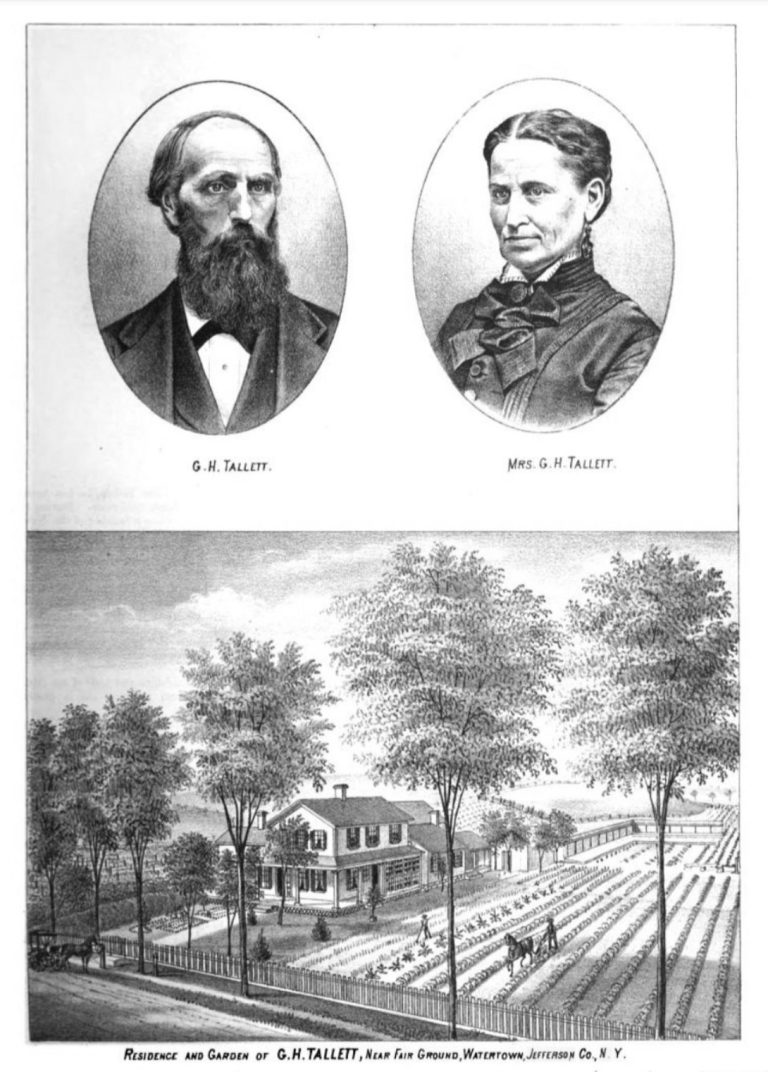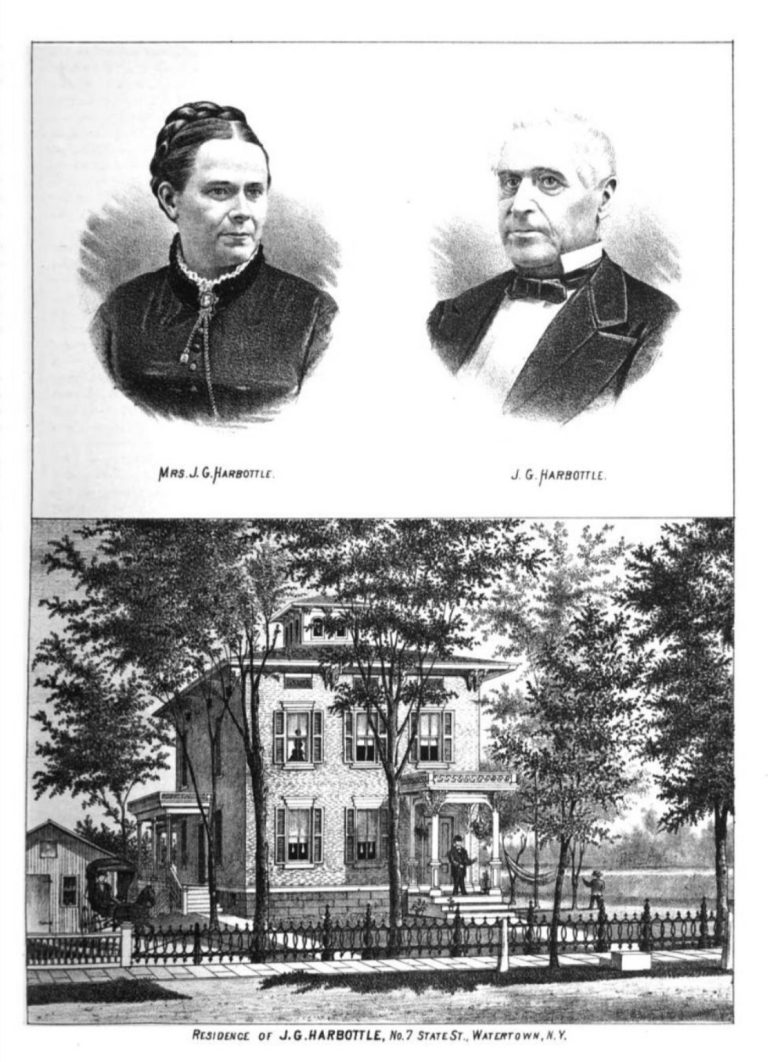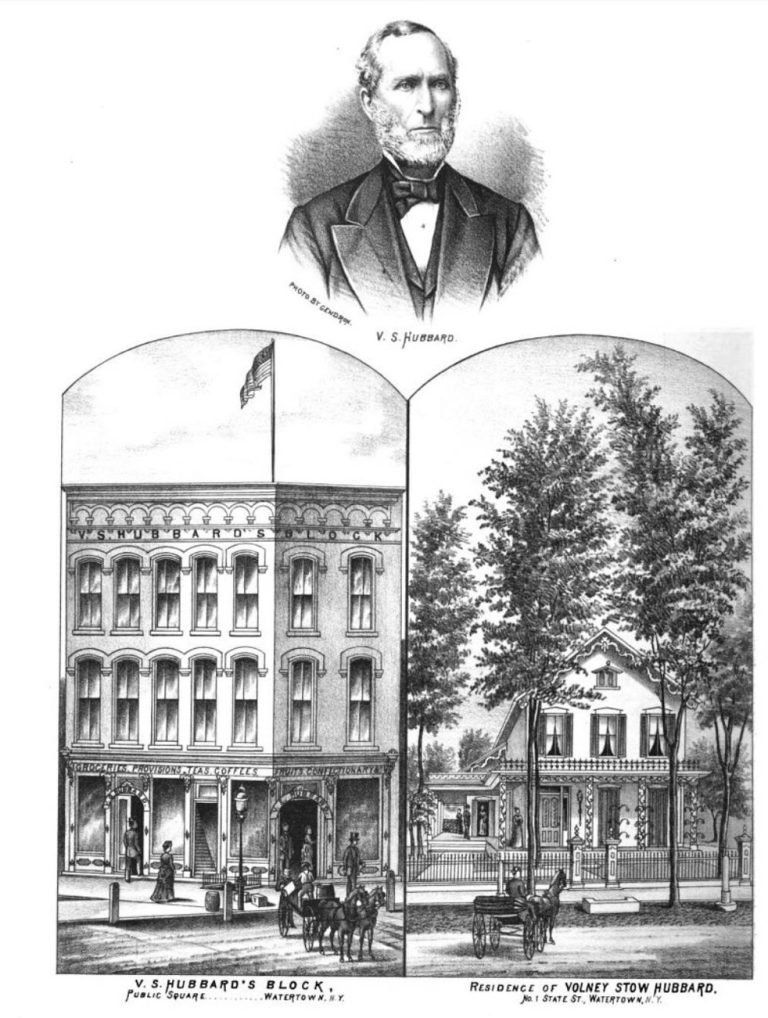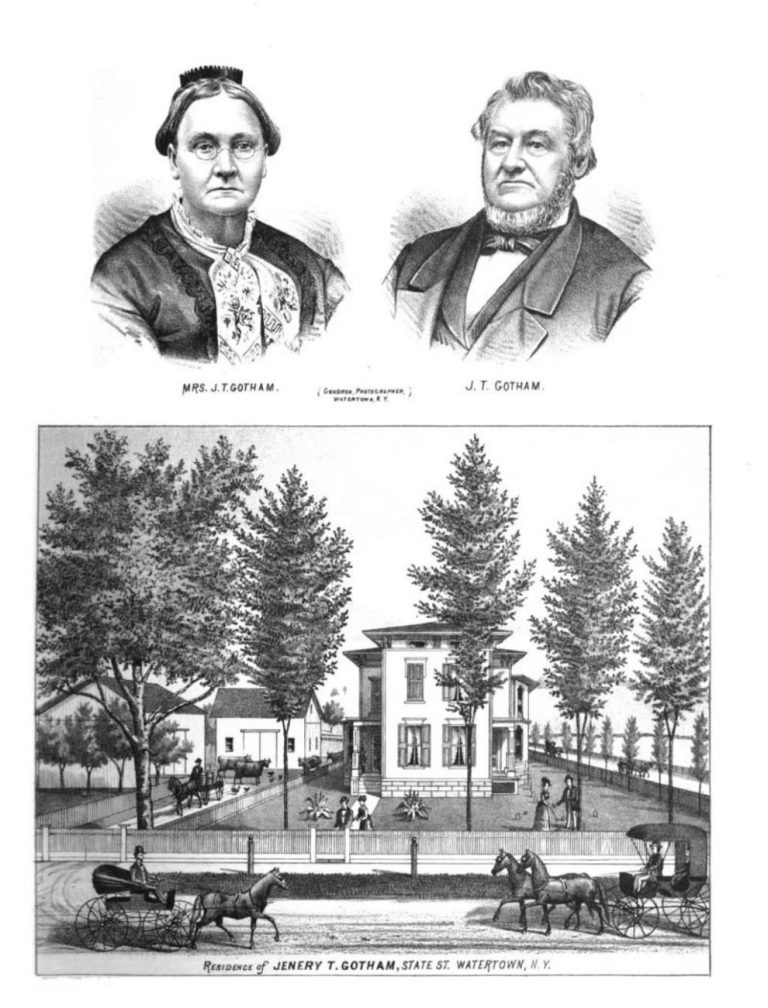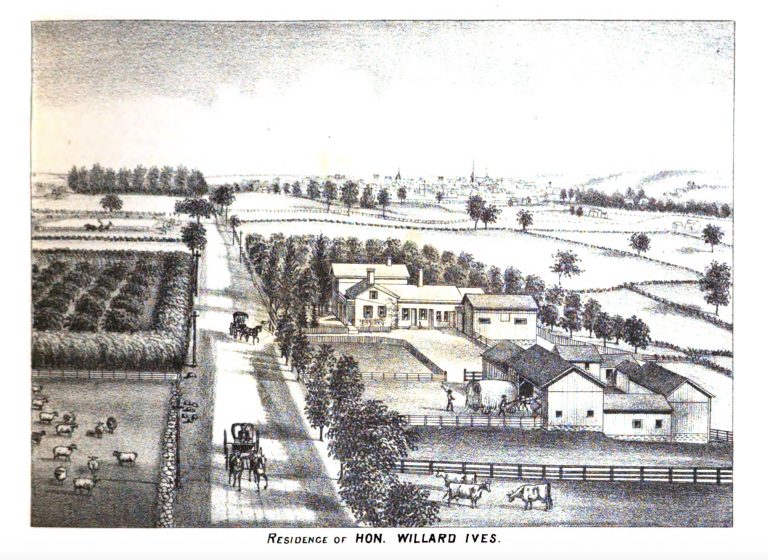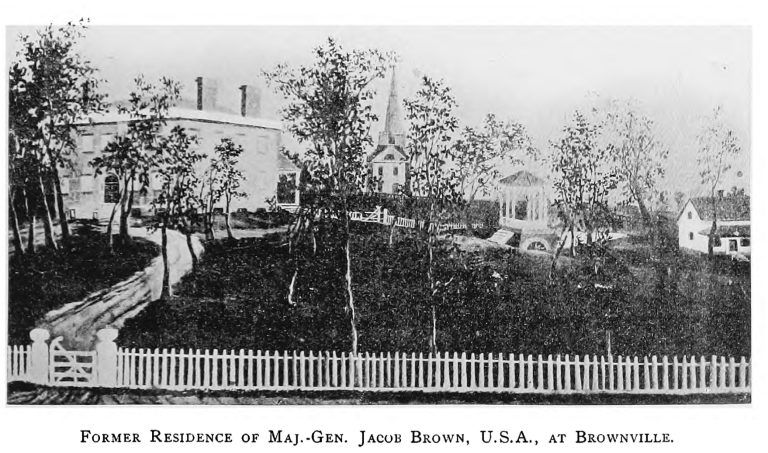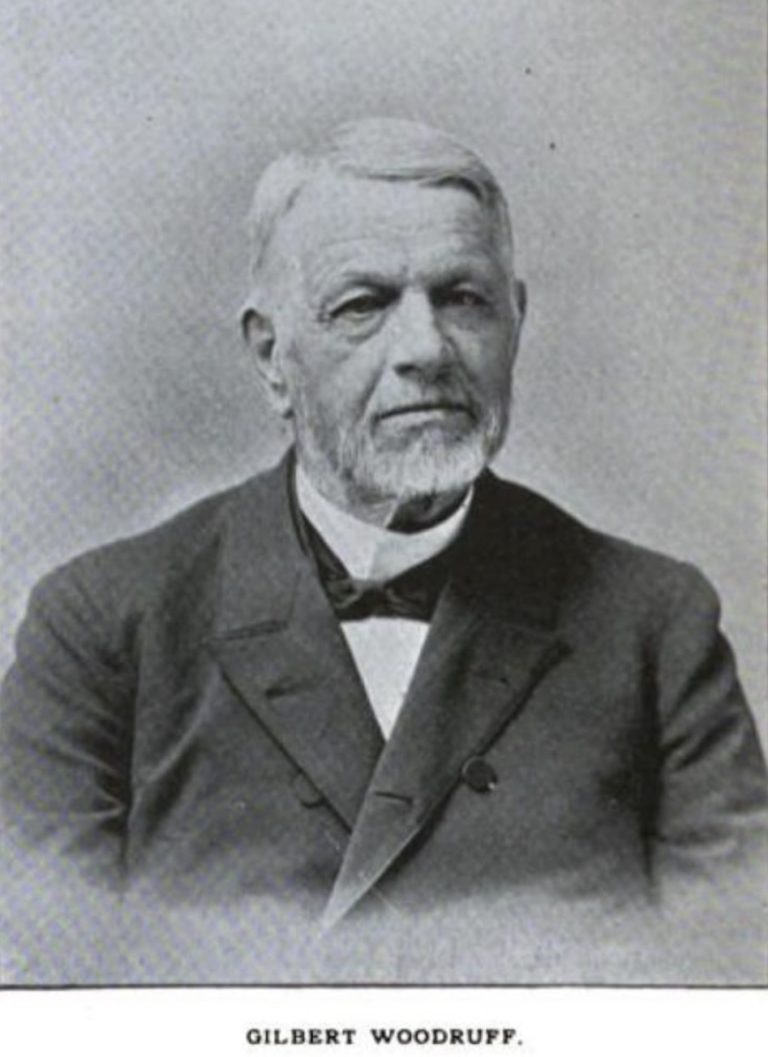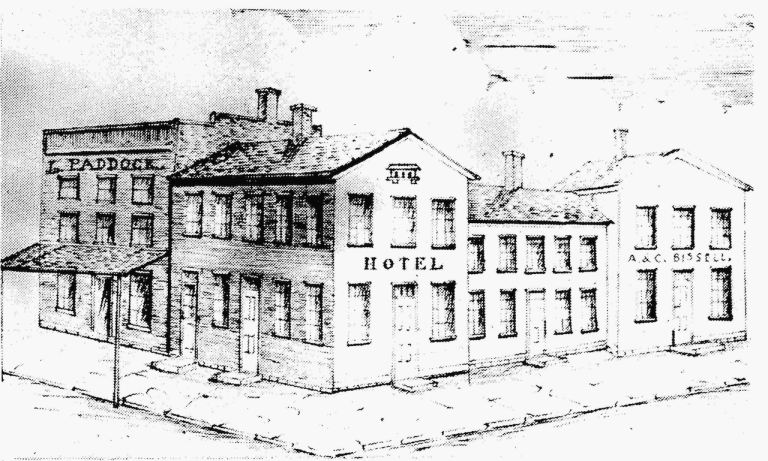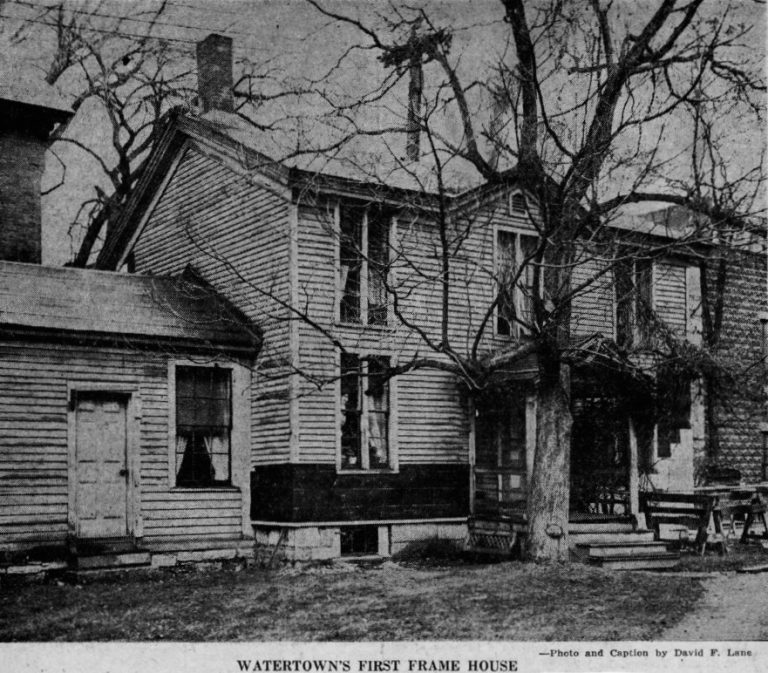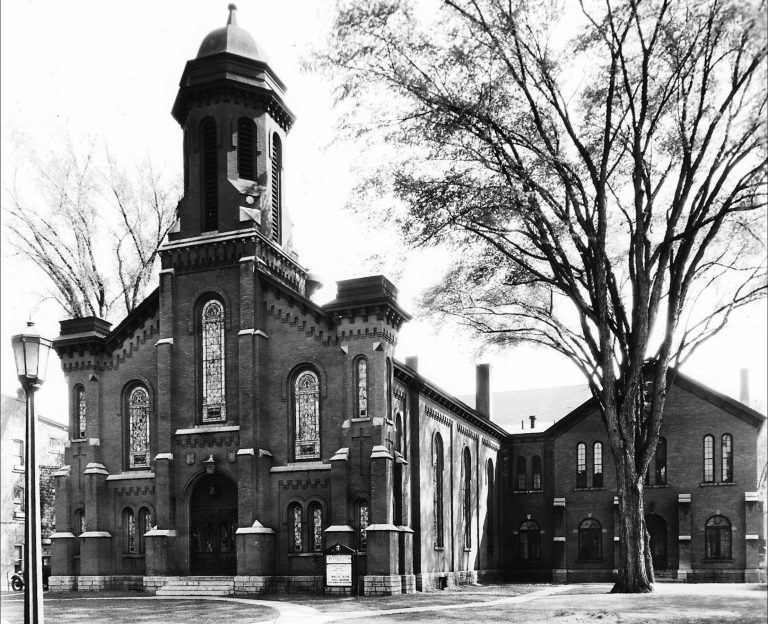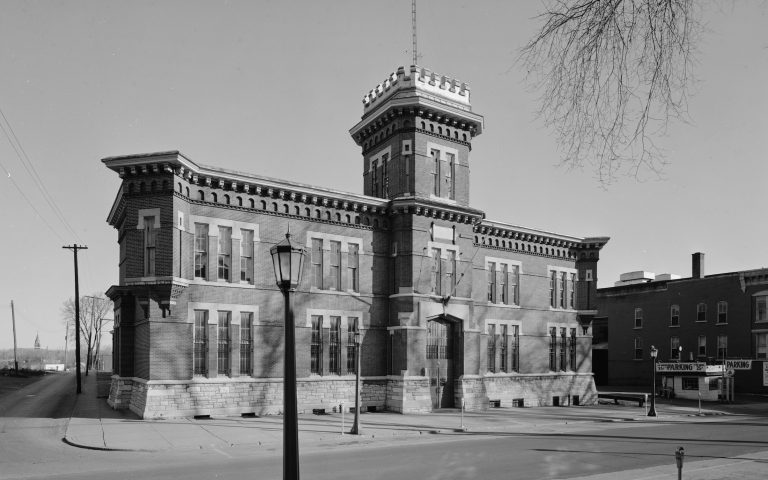Early Watertown – The Pioneers Who Located in This Section About the Beginning of the Nineteenth Century
The following Early Watertown article details the early pioneers around the city. It is the second half of an article published in the Watertown Daily Times on February 16, 1892. The first half may be read HERE. Special thanks to Larry Corbett for finding and transcribing the article.
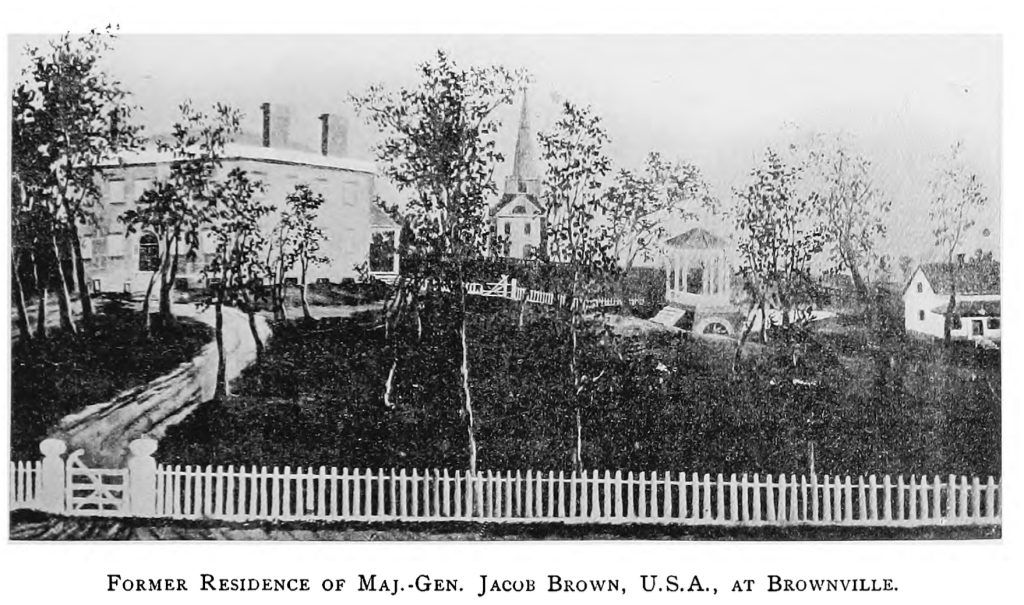
Outside of Watertown, there were settlements at various points. Lyman Ellis made a beginning at Ellisburg about 1800, if not a little earlier, and was joined by others. A handful of brave men and women stopped at Adams at an early day. Others located in Champion in the expectation that it might ultimately become a county seat. Brownville was a place of considerable expectations; while Sackets Harbor was an important point on the lake. There were a few settlers in Rodman and Rutland and some in Henderson about the time the county was organized.
Settlers of the Town of Watertown
A saw-mill and grist-mill were erected at Burrville as early as 1802. Mr. Stow, the land agent, furnished the machinery and Hart Massey, of Watertown, did the work. They were owned by Massey and Stow, but in a short time were sold to John Burr, for whom the hamlet was named. A distillery was built there by the Rev. Ebenezer Lazelle, who lived near the Sawyers, but was shortly after sold to Thomas M. Converse, (uncle of the venerable Hiram Converse of Pamelia) who, with Jabez Foster, opened the first store in the town of Watertown. Converse died in 1811.
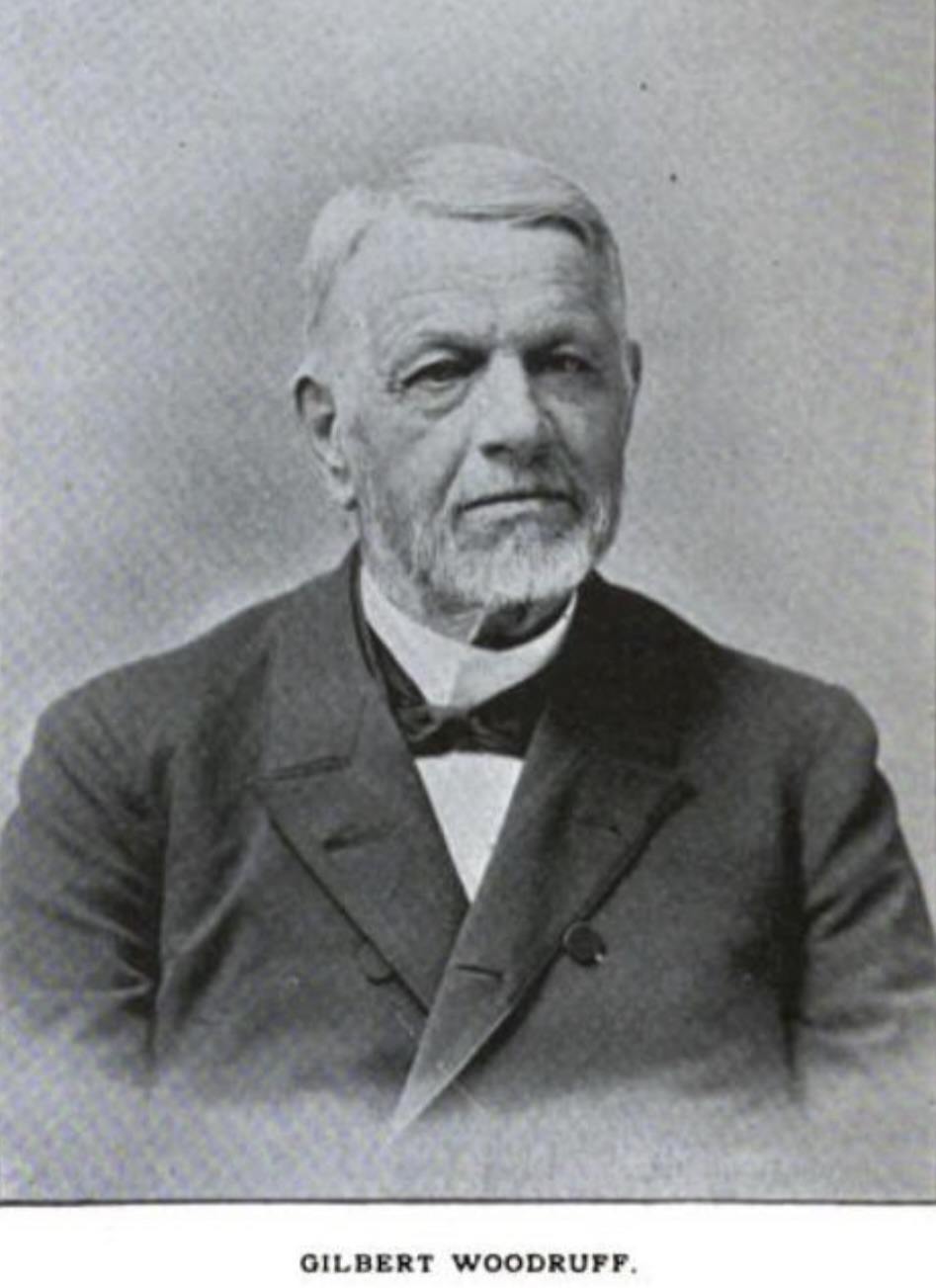
An axe factory was built at Burrville by William Lampson, who also made the first plow ever manufactured in the county, and a tannery was established at the same place in 1806, by James Mann, which afterwards became the property of Theopolus Redfield, who opened a shoe store. A factory for carding wool and dressing cloth was started at Burrville in 1809, and Septimus G. Adams kept a tavern. The first church organized in the county was at Burrville. Doctor Craft P. Kimball practiced his profession there. William Fellows lived at Burrville and Samuel Thurston lived and died there. He came here in 1803.
Jonah Woodruff, father of Simeon, Benjamin and Frederick Woodruff, was one of the pioneers of Watertown, settling in the neighborhood of the present residence of the widow of Clark Woodruff. Clark was the son of Benjamin. Simeon was the father of Felix, Theodore T. (inventor of the patent mid-ship floating screw flange propellor and sleeping car), Jonah, a portrait painter, and Charles T., the well known brick-maker outside the city.
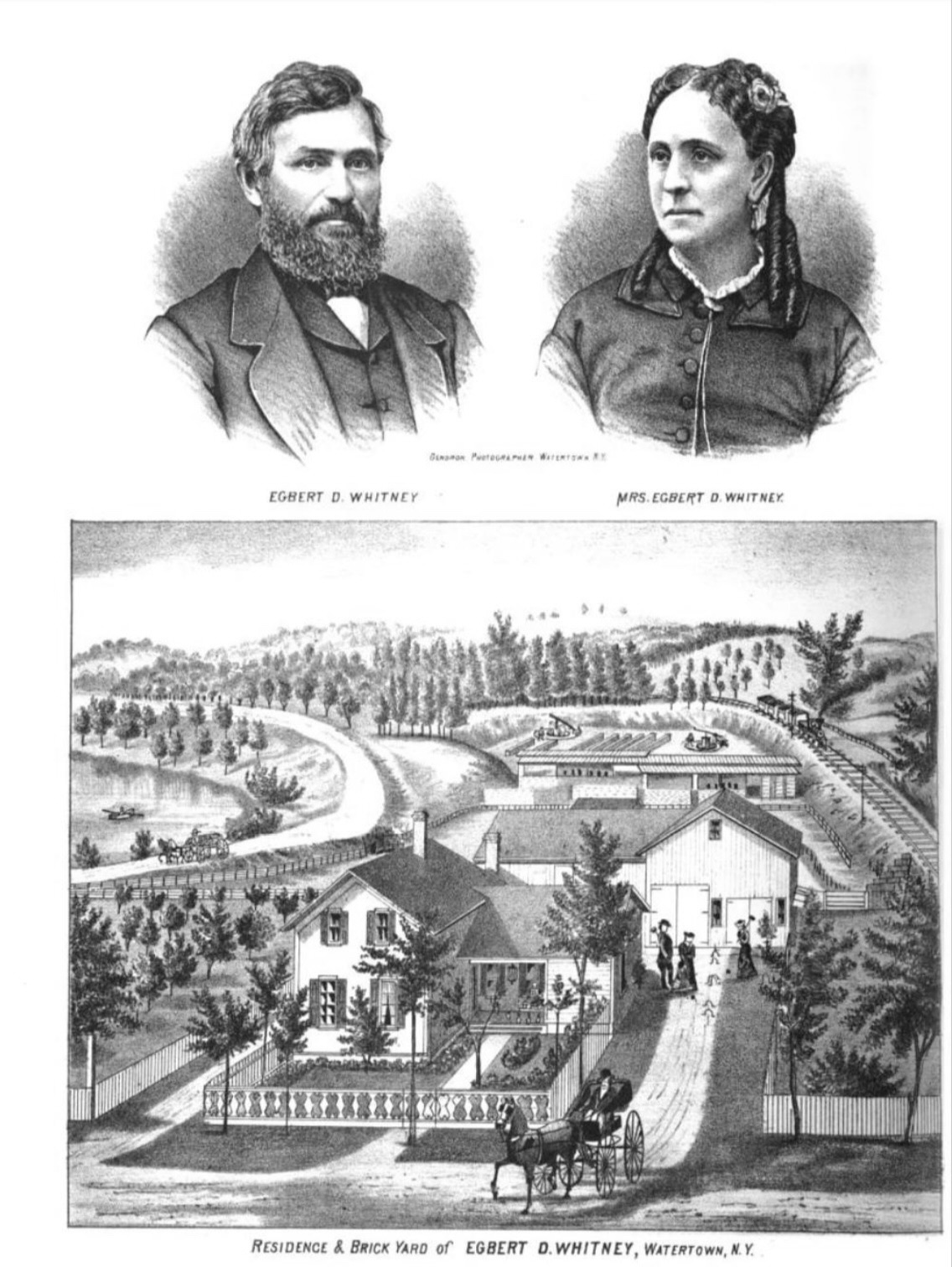
Frederick was the father of Gilbert and Walter, who erected the Washington hall block in this city. Gilbert built a dwelling on the site of the Keep home, occupied it a short time, and then removed to Rockford, Illinois, where he engaged in the banking business, in which he is still employed.
Thomas Sawyer came to the town of Watertown in 1800 and settled on the road from Watertown Center to Burrville, about four miles southeast of the village. He had three sons, Thomas, Joseph and Jesse. The latter was the father of the late Judge Lorenzo Sawyer, of California. Job Sawyer also came at about that time and cleared land in the eastern part of the town near the other Sawyers. Job Whitney settled in that vicinity at about the same period. He afterwards owned the property in Watertown village where the malt-house now stands. [ed. lower Court St.]
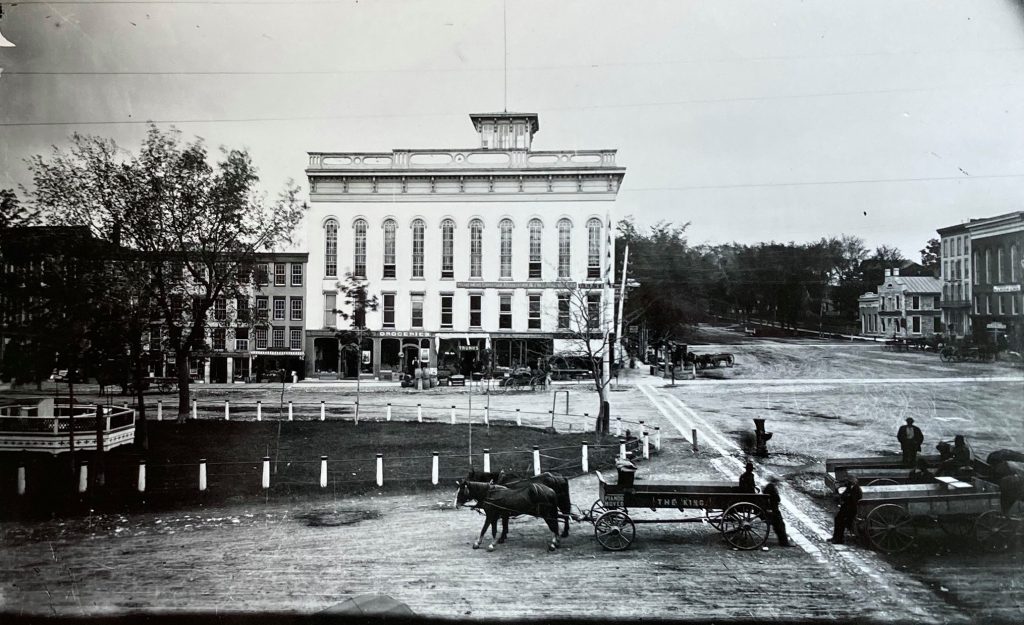
John Blevan took up a farm near the one afterwards owned by Jacob Stears jr., in the valley of Sandy Creek, near Dry Hill, and Ebenezer Fish, father of the late Hon. Furman Fish, settled at the foot of that hill. Henry Jewett, who came in 1803 or before, cleared up the farm now owned by C. A. Tollman, in Sandy Creek valley, near Stears’. Sherebiah Fay, father of John Fay, one time sheriff of this county, took up a farm since known as the Tollman place, in the same valley.
Daniel Stanley settled near Fay. Ira Brown was a farmer and one of the pioneers of 1802. W.P. and N. Crandall settled in the southwest corner of the town. Calvin Brown came in 1802 and was a farmer. Caleb and Nathaniel Burnham arrived there at about the same time. The latter was father of the first Mrs. H.M. Bull, of this city. Henderson and Silas Howk occupied a farm which is now in possession of S. B. Tollman.
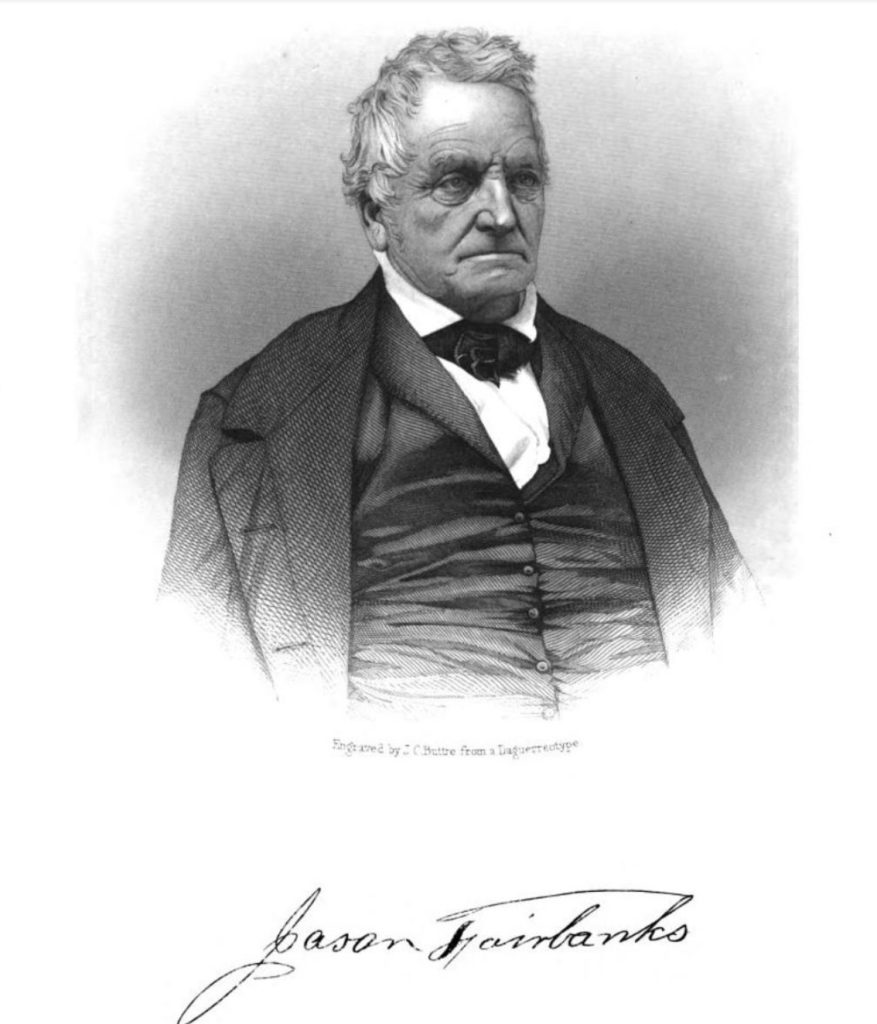
To the Centre and its vicinity came, during 1801 and 1802, Eli Rogers, settling at a place east of Brookside cemetery. Aaron Brown, who kept a tavern at the Centre, and owned a farm there which he afterwards sold to Jason Fairbanks, Elijah Allen and James Rogers also came at this time. In 1803, Capt. Tilly Richardson settled on the present Stears place, and Timothy and Anson Hungerford settled near the Centre. At about the same time arrived Corlis Hinds, Reuben Scott and James Wadley, who settled on the Adams road.
On the reservoir hill [ed. Gotham street road] and beyond were Seth Bailey, John Gotham and others. Tillson Barrows, father of Luther Barrows, who for a long time kept a hotel at Sackets Harbor, and Thomas Butterfield were among those who came to this part of the country at this period. J. and L. Stebbins and Asaph Mather (who cleared a farm at the place where the old toll-gate stood on Washington street) were among the newcomers at that time.
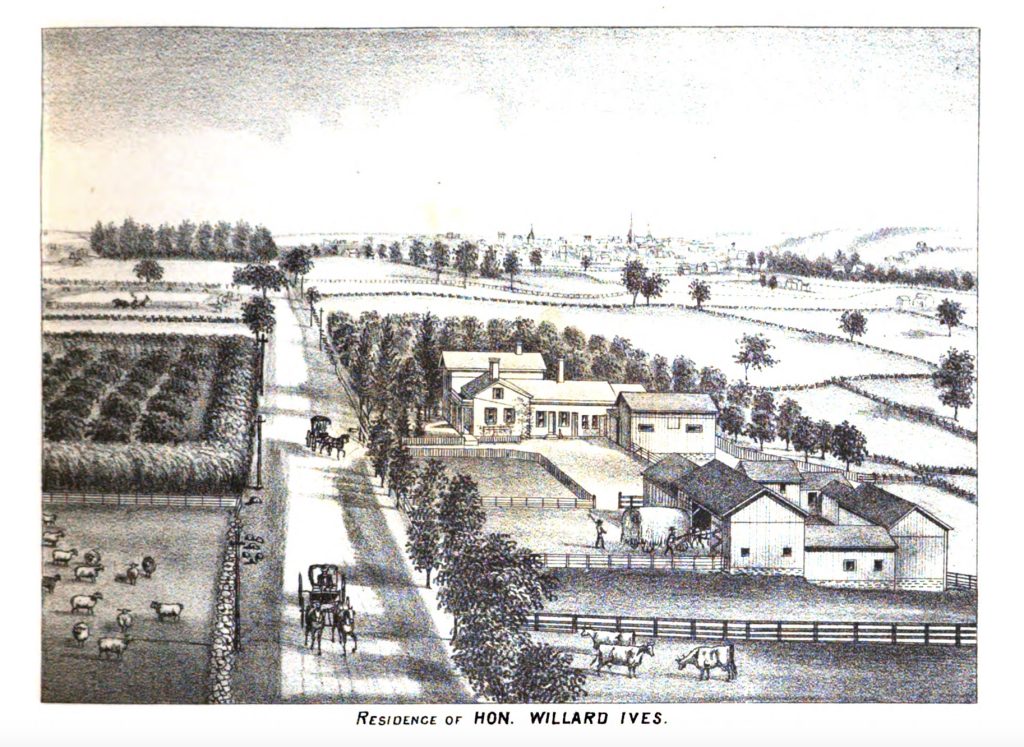
Jason Rice took up 400 acres of land in the northwestern part of the town in 1802, near the present Rice’s station. He was the father of Marcus Rice, who succeeded to the property. Bennett Rice lived in the same locality. Thomas H. Biddlecom came to the Rice’s settlement at about the same time. David Buell had a farm south of the Centre and Joseph Moors was a settler there at nearly the same time.
Jotham, Erastus and Dr. Titus Ives (the later the father of Hon. Willard Ives) were among the earliest settlers, locating near Fields’ Settlement, where settled also Elijah Field, who gave to that settlement its name. Farther west were Adam Blodgett, Samuel Bates and Asaph Butterfield. Luther Demming took up land near the Ives’ at about the same time. Among other settler of the period were Ephraim Edwards and John Patrick, father of the late General [Marsena Rudolph] Patrick of the U.S. Army [Civil War general].
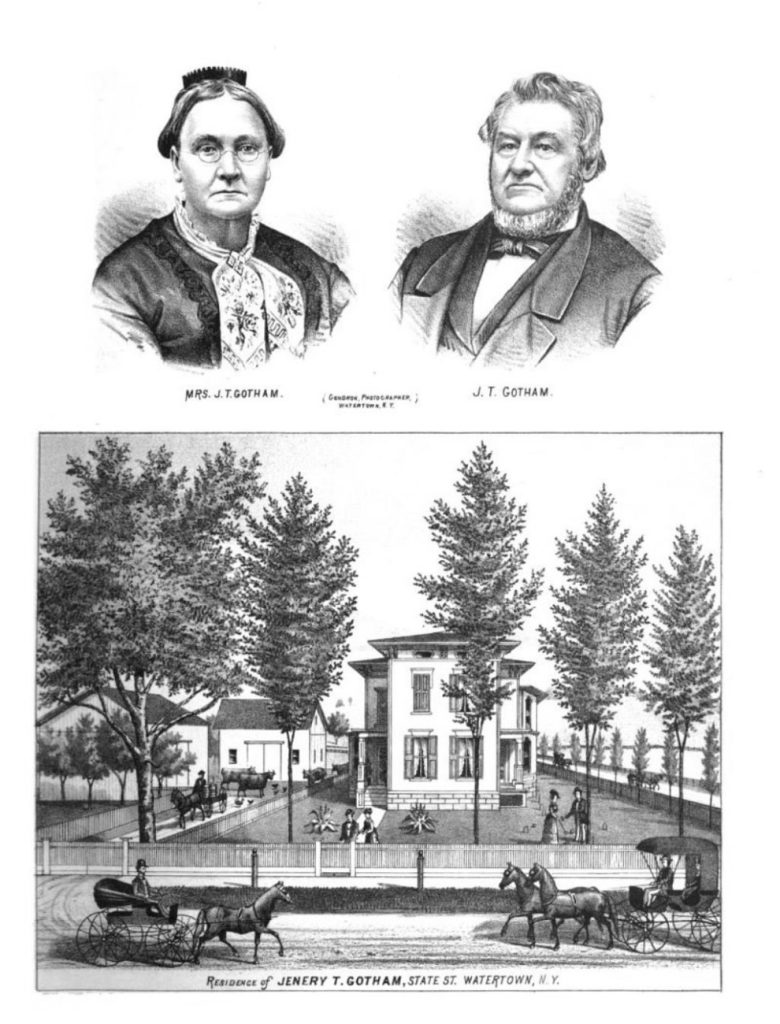
Simon Falts cleared the farm on the hill west of the fair grounds, which is now owned by Hon. Willard Ives. James, the father of Alexander, lately decease, Wallace and James Parker cleared a farm on the Brownville road south of the river, which is still in the possession of the family. Jonathan Baker, father of Hart Baker, of Watertown, settled in the town early in the century. William Huntington, father of the late Dyer Huntington and grandfather of R.H. Huntington, came here in 1804 and settled at the place known as Huntingtonville.
Other settlers of this early period were Oliver Bartholomew, who settled on the Brownville road a short distance east of Brownville. E. Allen, who lived near the Wadley Corners and kept a tavern there. Cyrus Alden was one of the pioneers. Thomas Delano, one of the early settlers, lived on State street opposite the Fred Emerson place. Joseph and Gersham Tuttle were prominent settlers of the early days, Gersham being a colonel of militia in the War of 1812 and participated in the battle at Sackets Harbor.
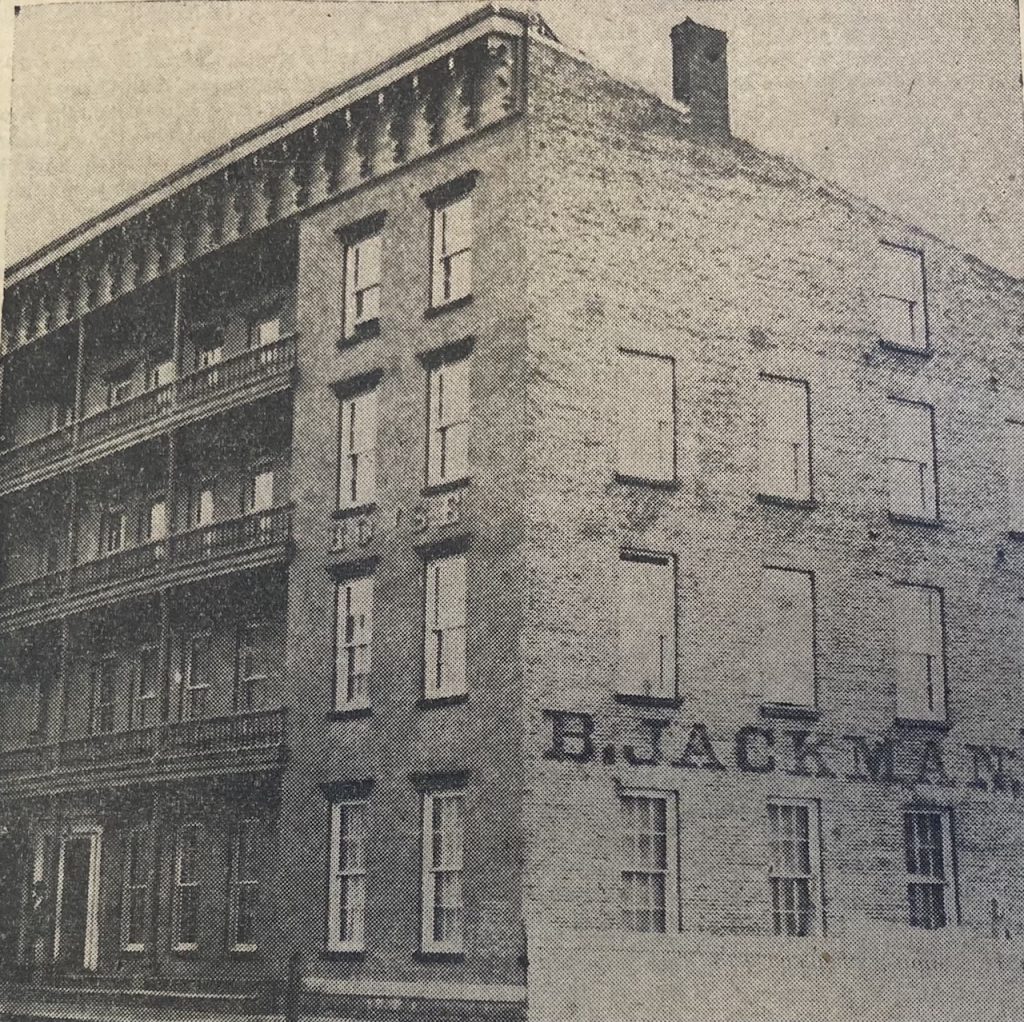
Cyrus Butterfield was a neighbor of Seth Bailey. Cyrenus Woodworth lived on the present State street. James Glass lived on Dry Hill and Abram Jewett was on the Sackets Harbor road. Joseph Wadley was a farmer who lived at the place on the road to Adams called Wadley’s Corners. Benjamin Allen settled on a farm in Sandy Creek valley east of the Tollmans.
Aaron Bacon lived opposite the old burying ground which adjoins Brookside Cemetery. Jesse Doolittle lived in Watertown opposite the present Kirby house. Jacob Stears, father of one of the present day, lived in Sandy Creek valley, where Jacob Stears now lives. William Smith was in Watertown as early as 1803 and became a resident of the village in 1804 or thereabouts, though his name does not appear on the map above referred to.
